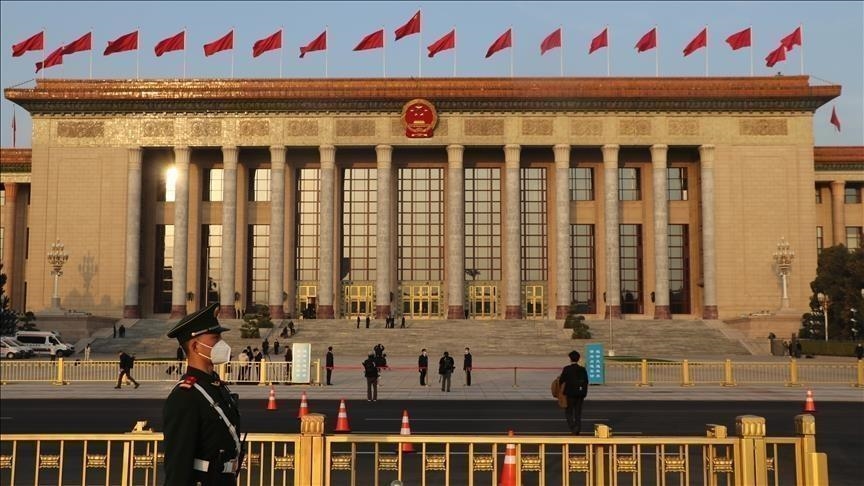China on Saturday said the US vetoing a UN Security Council resolution calling for an immediate humanitarian cease-fire in Gaza is "disappointing and regrettable."
"It's extremely disappointing and regrettable that a UN Security Council draft resolution demanding an immediate humanitarian ceasefire in Gaza was vetoed," Zhang Jun, China's permanent representative to the UN, said on X.
The envoy said the draft had nearly 100 co-sponsors and China was one of them.
"Although the resolution was vetoed, the overwhelming view of the international community is clear: an immediate humanitarian ceasefire is the overriding priority," he said, adding: "We will not stop but continue to make our efforts to save lives, to uphold justice and to pursue peace."
In a separate statement, Zhang said condoning the continuation of fighting while claiming to care about the lives and safety of the people in Gaza and the humanitarian needs there is "self-contradictory."
"Condoning the continuation of fighting while advocating prevention of spillover of the conflict is self-deceiving. Condoning the continuation of fighting while making every mention of the protection of women and girls and human rights is extremely hypocritical. All this shows once again what double standard is," he added.
He urged Israel to heed the call of the international community and stop the "collective punishment" of the people in Gaza.
"We support further diplomatic mediation to promote the early release of all people held captive. We call upon all relevant parties to pour all efforts towards the common goal of ending the fighting in Gaza, to keep alive the hope of survival for the Palestinian people, and to keep alive the hope for peace in the Middle East region," the ambassador said.
The US on Friday vetoed the resolution, which was put forward by the UAE and backed by over 90 member states. There were 13 votes in favor, while the UK abstained.
Israel resumed its military offensive on the Gaza Strip on Dec. 1 after the end of a week-long humanitarian pause with the Palestinian group Hamas.
At least 17,487 Palestinians have been killed and more than 46,480 others injured in relentless air and ground attacks on the enclave since Oct. 7 following a cross-border attack by Hamas.
The Israeli death toll in the Hamas attack stood at 1,200, according to official figures.
*Writing by Islamuddin Sajid Anadolu Agency






